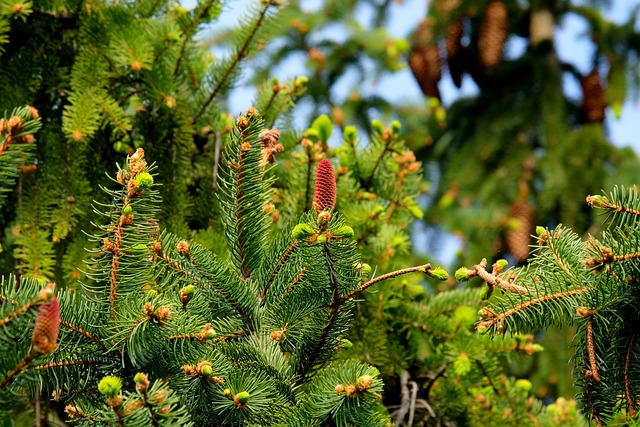In an era where climate change looms over us, our gardens can become a sanctuary for eco-friendly practices that contribute to environmental rejuvenation. One significant challenge many urban areas face is the urban heat island effect, a phenomenon where cities experience higher temperatures than their rural surroundings due to factors like concrete, asphalt, and a lack of vegetation. However, as gardeners, we hold the power to create micro-ecosystems that not only provide beauty but also aid in urban heat island effect reduction.
Plants are our allies in the fight against rising temperatures. When we choose the right greenery for our gardens, we can dramatically alter the temperature of our immediate surroundings. Trees, shrubs, and even strategically placed vines contribute shade and cool the air through the process of transpiration, effectively lowering the heat that builds up in urban environments. Consider incorporating native plants into your garden; they are naturally adapted to your area’s climate. These plants require less water and thrive without excessive care, making them perfect for eco-conscious gardening.
Another method to combat urban heat is to embrace green roofing or vertical gardens. By turning unused wall spaces or rooftops into lush vertical landscapes, we increase green cover and absorb sunlight, which would otherwise heat up these surfaces. Living walls not only lower temperatures but also provide habitat for local wildlife, creating a thriving natural ecosystem right in the heart of the city.
Water conservation is essential in the quest for an eco-friendly garden. Implementing a rainwater harvesting system allows you to collect and reuse water, ensuring your plants remain hydrated without placing extra strain on municipal resources. This practice not only nurtures your garden but also helps sustain local waterways, ultimately contributing to a balanced environment.
Incorporating permeable paving in your garden can also make a significant impact. Traditional concrete surfaces trap heat and impede water absorption, leading to increased temperatures in urban areas. Instead, opt for materials like gravel or permeable pavers, which allow rainwater to permeate the ground, promoting groundwater recharge and reducing heat absorption.
Lastly, promoting biodiversity in your garden is vital. The more species of plants, insects, and animals you attract, the healthier your ecosystem will be. Consider planting flowers that bloom at different times of the year, providing essential food sources for pollinators such as bees and butterflies. Creating a well-rounded ecosystem not only aids in urban heat island effect reduction but also enriches your gardening experience, helping you connect more deeply with nature.
By adopting these eco-friendly gardening practices, we can create beautiful, sustainable spaces that do more than just please the eye; they offer essential benefits to our environment. As we nurture our gardens, we also nurture our planet, paving the way for a cooler, greener future. Let’s take a stand for our cities and cultivate the change we wish to see.




